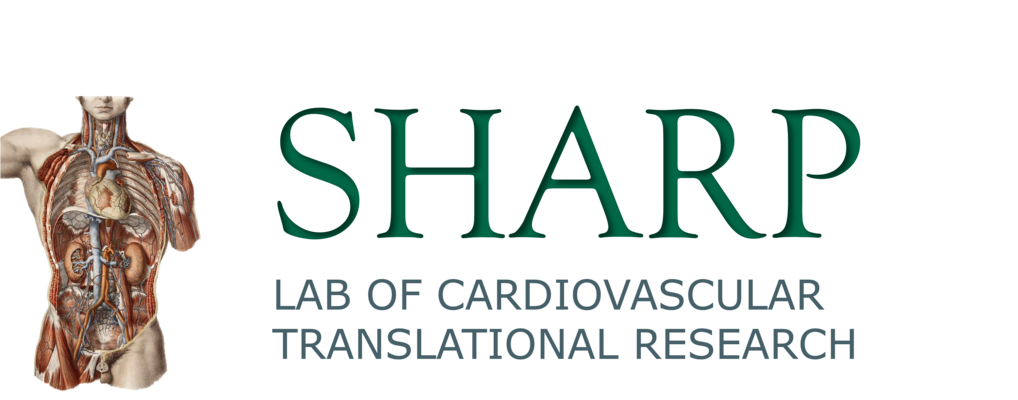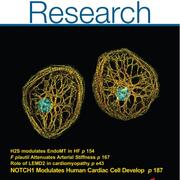Li, Z. et al. Hydrogen Sulfide Modulates Endothelial-Mesenchymal Transition in Heart Failure. Circulation Research (2023).
Abstract
Background:
Hydrogen sulfide is a critical endogenous signaling molecule that exerts protective effects in the setting of heart failure. Cystathionine γ-lyase (CSE), 1 of 3 hydrogen-sulfide–producing enzyme, is predominantly localized in the vascular endothelium. The interaction between the endothelial CSE–hydrogen sulfide axis and endothelial-mesenchymal transition, an important pathological process contributing to the formation of fibrosis, has yet to be investigated.
Methods:
Endothelial-cell–specific CSE knockout and Endothelial cell-CSE overexpressing mice were subjected to transverse aortic constriction to induce heart failure with reduced ejection fraction. Cardiac function, vascular reactivity, and treadmill exercise capacity were measured to determine the severity of heart failure. Histological and gene expression analyses were performed to investigate changes in cardiac fibrosis and the activation of endothelial–mesenchymal transition.
Results:
Endothelial-cell–specific CSE knockout mice exhibited increased endothelial–mesenchymal transition and reduced nitric oxide bioavailability in the myocardium, which was associated with increased cardiac fibrosis, impaired cardiac and vascular function, and worsened exercise performance. In contrast, genetic overexpression of CSE in endothelial cells led to increased myocardial nitric oxide, decreased endothelial–mesenchymal transition and cardiac fibrosis, preserved cardiac and endothelial function, and improved exercise capacity.
Conclusions:
Our data demonstrate that endothelial CSE modulates endothelial–mesenchymal transition and ameliorate the severity of pressure-overload–induced heart failure, in part, through nitric oxide-related mechanisms. These data further suggest that endothelium-derived hydrogen sulfide is a potential therapeutic for the treatment of heart failure with reduced ejection fraction.

